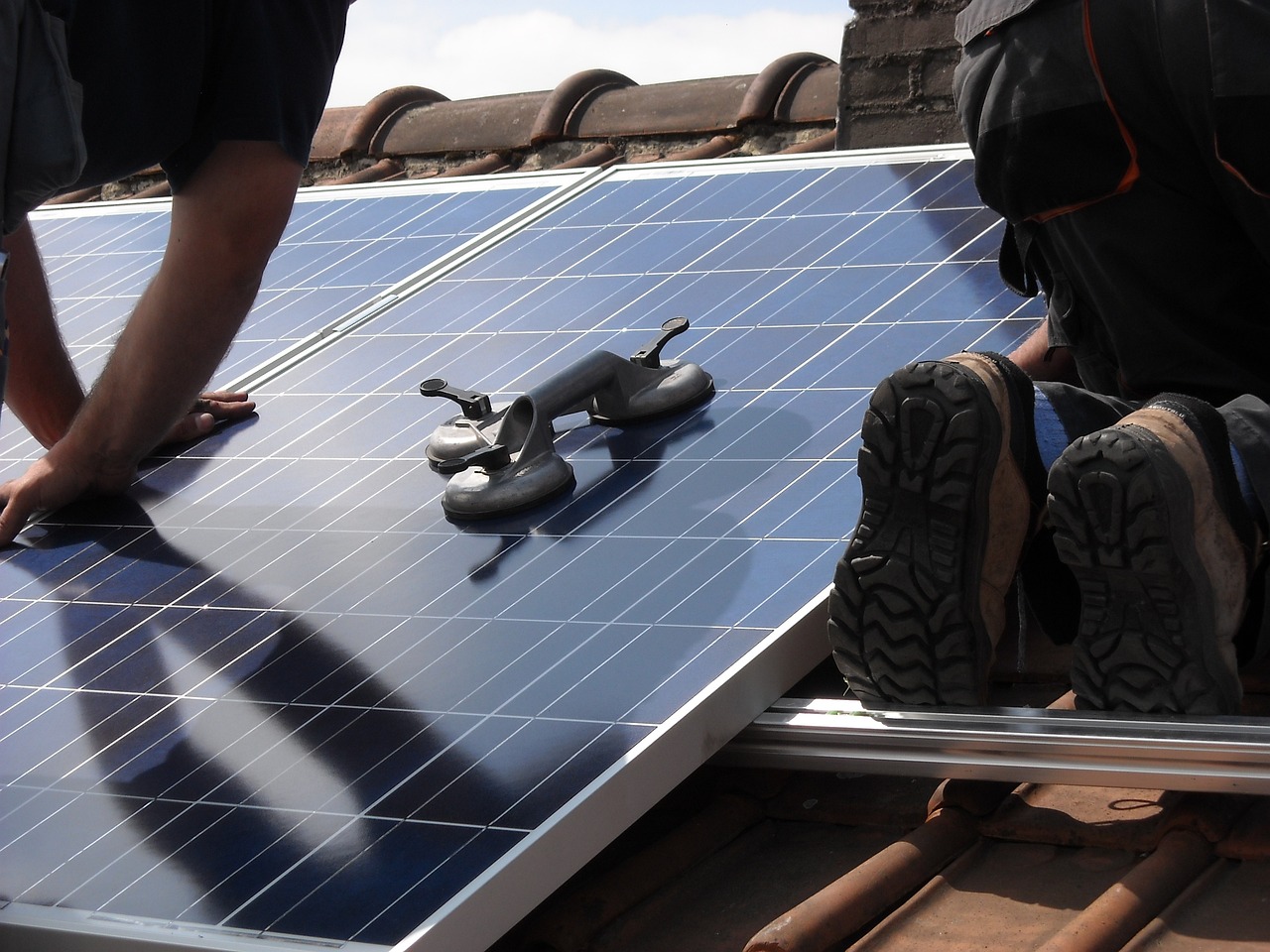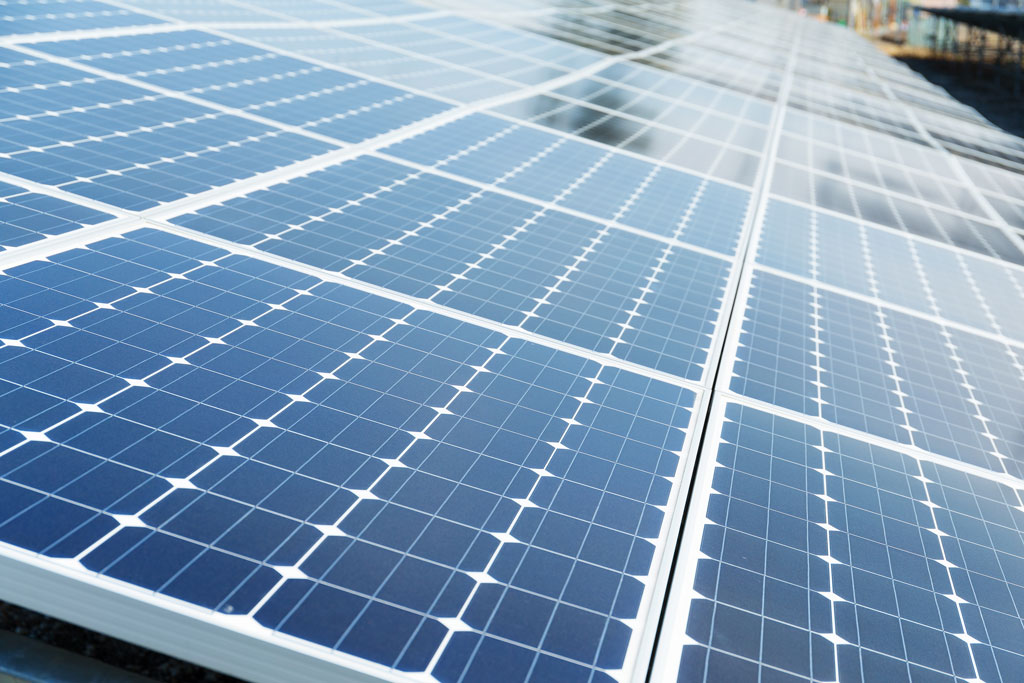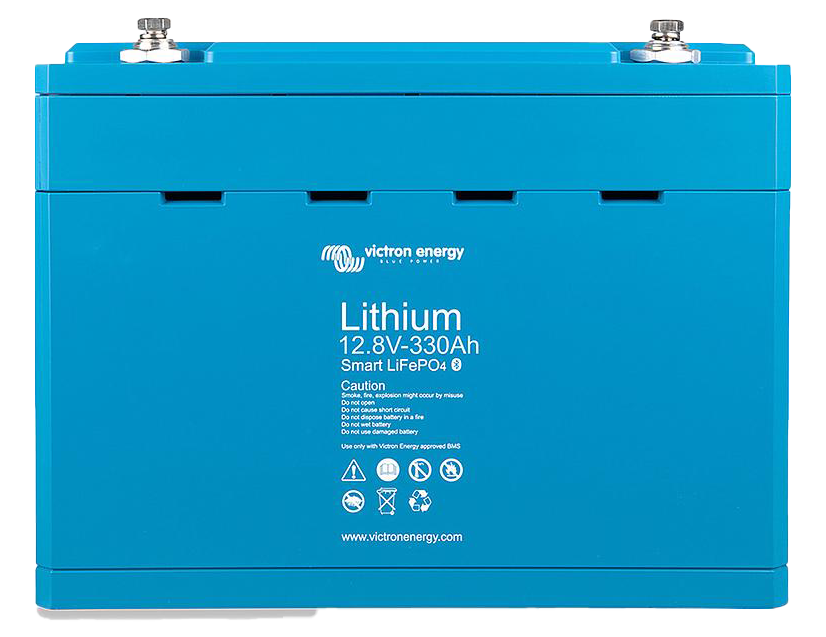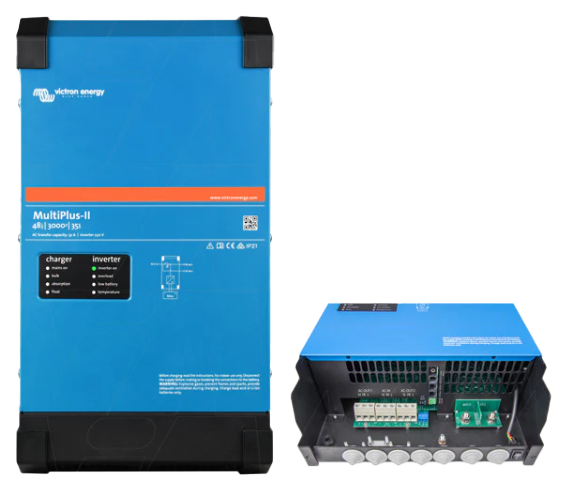
How long do solar panels last?
As with most products you get what you pay for.
This information pertains to current solar panels being installed by a qualified and experienced installer.
The warranty is 25 years for most standard panels. Most high quality panels are offering a 30 year warranty. Once again check with the person or company you are buying from. Cheaper, poor quality panels are still being sold. You also need to check whether the panels being used adhere to the Australian standards to ensure to will receive the rebate on offer from the government.
This warranty doesn’t cover storm damage if large or heavy objects fall on them.
Do they withstand hail?
The panels are made from toughened, tempered glass which can withstand small hail damage but most manufacturers do not offer warranty for hail damage. Your home insurance should cover any hail damage but it is prudent to confirm with your home insurer that they cover solar panels and also that you inform your insurer that you have installed solar on your home. I once went on a roof to inspect a solar system for any potential hail damage and the solar panels were all intact and working but some of the roof tiles had been smashed in the same hail event.
Solar Product Warranties
Solar Panels have 2, Product Warranty and Performance Warranty
Product Warranty
A product warranty covers faulty products. it is sometimes called a manufacturer’s warranty or a warranty against defects. A warranty is an assurance your rooftop solar or battery system will work for the warranty period. It is in addition to the rights you automatically have under Australian Consumer Law. If there is a fault or issue, a warranty may cover the cost of repair or replacement. There will be exceptions, such as damage caused by you or by the weather.
This information is general in nature and is not intended to be financial, legal or professional advice. You should obtain your own advice, tailored to your circumstances.

Performance Warranty
Almost all solar panels come with a 25-year performance warranty. This is the minimum output of working panels. The warranty is an assurance about the quality of the panels, not just about fixing defects.
Solar panel energy generation decreases over their lifetime. This is called “degradation”. Manufacturers often guarantee that their solar panels will perform at a certain level for a certain period. The performance warranty describes the maximum degradation. For example, a standard performance warranty is 90% up to 10 years, and 80% up to 25 years.
This means that for the first 10 years, your solar panels should produce at least 90% of their power capacity. Between 10 and 25 years, they should still work at 80% capacity. Performance warranties can be difficult to enforce. If the panel fails, it is often the overall product warranty that can be enforced.
Batteries
As with any product, batteries degrade over time. This is a normal process and can’t be avoided. Manufacturers offer a range of warranties to guarantee performance of batteries to a certain level. Many battery manufacturers offer a 10-year product warranty, reflecting the average life of the battery. The warranty terms could however be shorter depending on the type of battery, its storage capacity and how it is used.
For example, manufacturers may guarantee a fixed term in years (say, 10 years) or a minimum number of cycles over a battery’s lifetime, whichever comes first. A cycle refers to the number of times a battery is charged and discharged – often a daily occurrence for Australian households. Another type of battery warranty is an end-of-warranty capacity rating. This is a guarantee that your battery will retain a certain amount of capacity throughout the warranty period. For example, manufacturers may guarantee 60% of your battery’s original capacity for 10 years.
Be sure to check what is covered in the warranties before choosing your battery product and talk to your solar retailer or installer about any warranty limitations and exceptions that may apply, including conditions of operation.

Vitron Lithium Battery
Features:
• 330Ah Lithium-ion Phosphate (LiFePO4) Battery
• Built-in Bluetooth
• Integrated Cell Balancing
Inverter
For most solar systems, inverters will need to be replaced before the solar panels. The warranty will depend on the type of inverter you have.
Inverter – (common examples only)
- String inverter: 5-10 years
- Micro inverter (attached to rail): 10 years
- Micro inverter (attached to panel): 25 years
- Battery inverter: 5-10 years
- Hybrid inverter: 5-10 years

Make sure your solar retailer or installer provides you with clear information about how the solar system works and its expected performance, as well as system warranties.
This should include:
- information on any warranty limitations and exceptions, such as conditions of operation
- a clear understanding about how to make a claim
- who is responsible for any associated expenses.
Check what the warranties include before purchasing your solar products or insurance.
